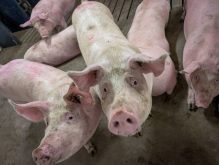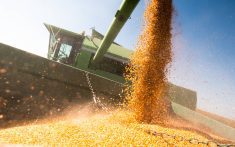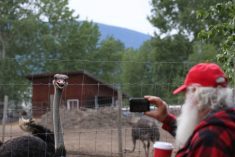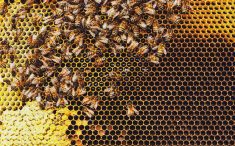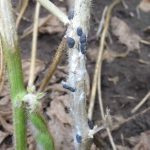The federal and Alberta, Saskatchewan and British Columbia governments are jointly putting up $365 million to support ranchers and farmers up against this summer’s drought and wildfire damage.
The feds on Friday announced their 60 per cent, or $219 million, share of AgriRecovery program funding for the three westernmost provinces.
“I’ve had the opportunity to meet with farmers and producers from across Western Canada and they’ve shared just how challenging this growing season has been for their operations,” federal Ag Minister Lawrence MacAulay said in a release.
Program details are still being worked out, the Alberta government said, but its federal-provincial program will see livestock producers with grazing animals able to apply for financial support to cover losses incurred in managing and maintaining breeding herds. Eligible producers could access up to $150 per head for breeding animals, the province said.
Read Also
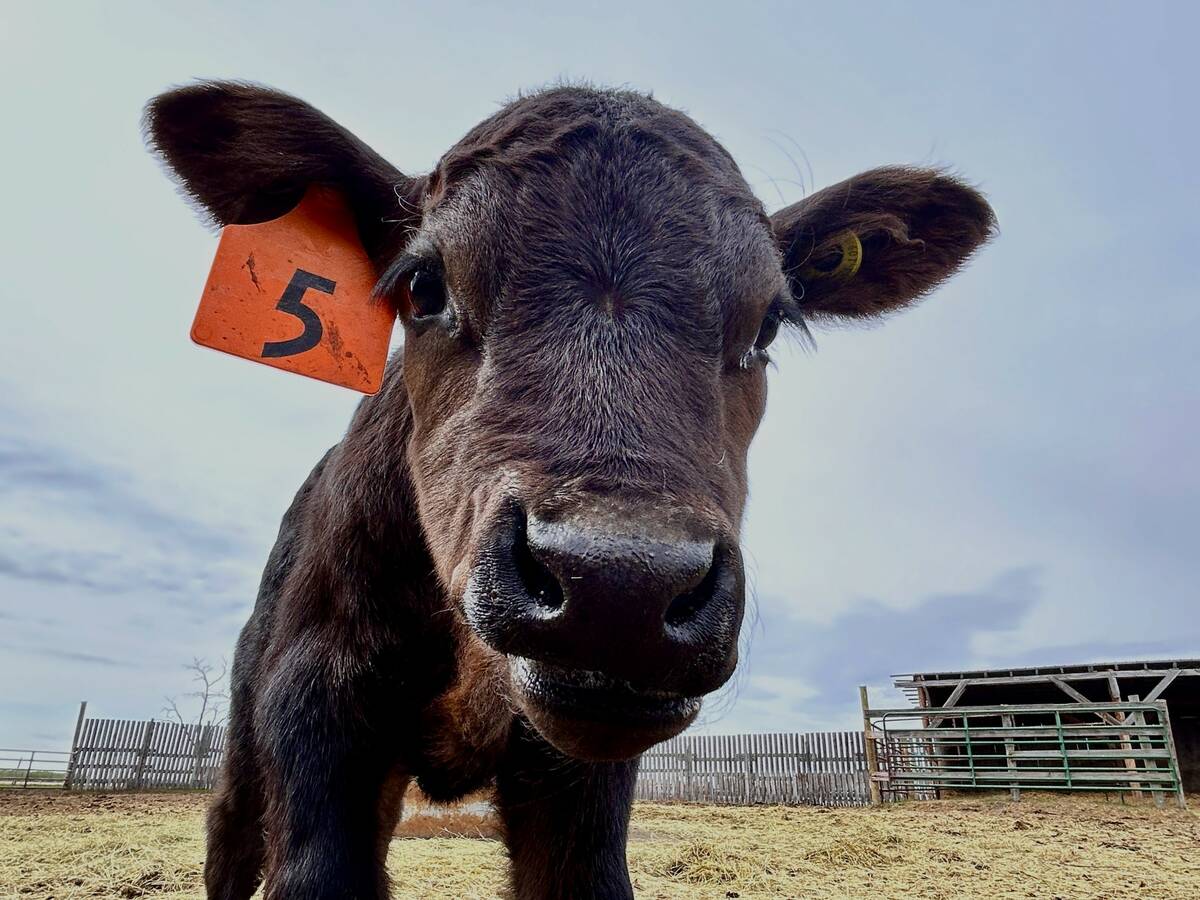
Health Canada stops sales of coccidiosis medication Deccox on procedural issue
Deccox, a medication to prevent coccidiosis in calves and other livestock, is temporarily off the market after Health Canada issued a stop sale order earlier this month.
In Saskatchewan, the program will cover 70 per cent of extraordinary costs related to feed and freight incurred after May 1, 2023 through to the application deadline of March 1, 2024 with initial payments of up to $150 per head to eligible producers to help maintain the breeding herd in the drought regions, with additional payments to be based on availability of funding. The province had already committed up to $70 million toward its share of AgriRecovery funds.
In B.C., farmers will be able to seek up to 70 per cent support for transportation costs to move livestock to feed and water through the recovery period, and for feed testing for additionally purchased forage, plus support of up to $160 per animal for “extraordinary replacement costs” where breeding herds were downsized.
In areas of B.C. where Crown range or pasture were lost due to wildfire, supports will also be offered for alternative grazing requirements, with up to $80 per head to re-establish safe winter-feeding facilities and general cleanup; and up to 70 per cent of extraordinary wildfire-related costs for veterinary services, mustering of livestock, mortality of breeding animals, uninsurable irrigation and infrastructure repairs, labour costs to repair private fences; and reseeding and re-establishing tame forage.
Also, up to 70 per cent of the extraordinary costs will also be covered for B.C. beekeepers and honey producers to replace lost colonies, apiaries and equipment, the province said.
More details to come.




